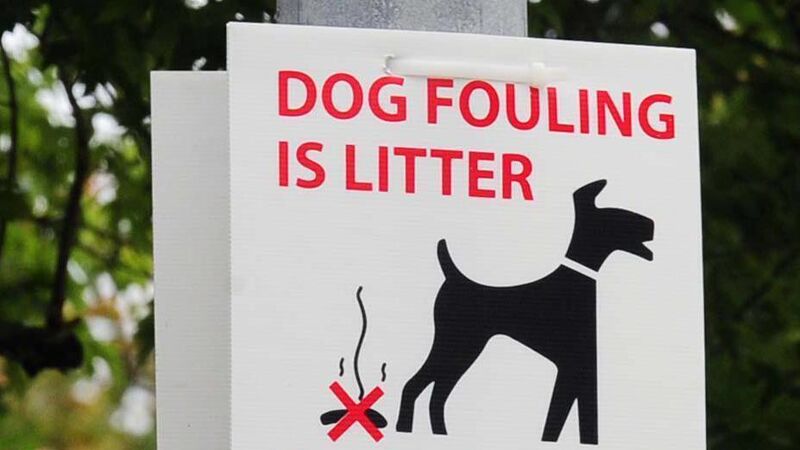Doo diligence on dog fouling as covert poo patrol hits Cork streets

The trial undercover operations will seek to identify ‘habitual abusers’ in an effort to encourage them to take responsibility for cleaning up after their dog. Picture: Denis Minihane.
Undercover dog poo patrols are planned in Cork City as part of a new campaign to tackle dog fouling.
Cork City Council’s litter wardens will report for duty in civilian clothes to carry out “out-of-hours enforcement activities” in areas of the city which have been identified as dog-fouling blackspots.













